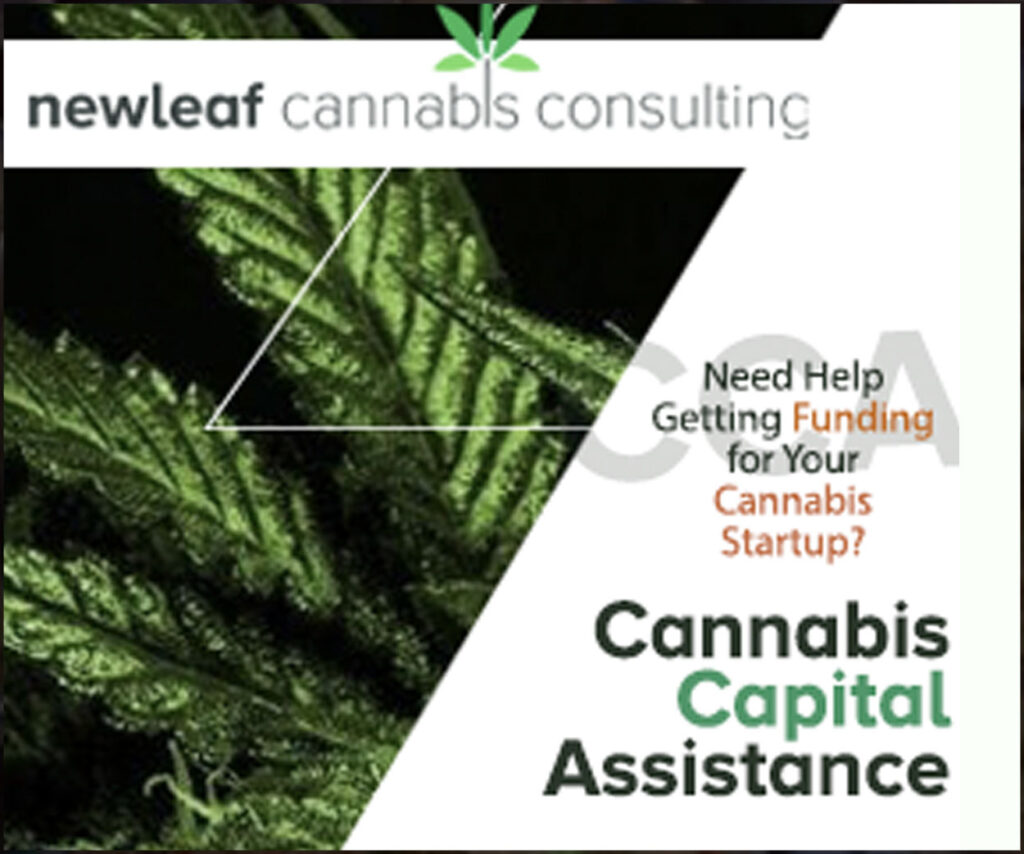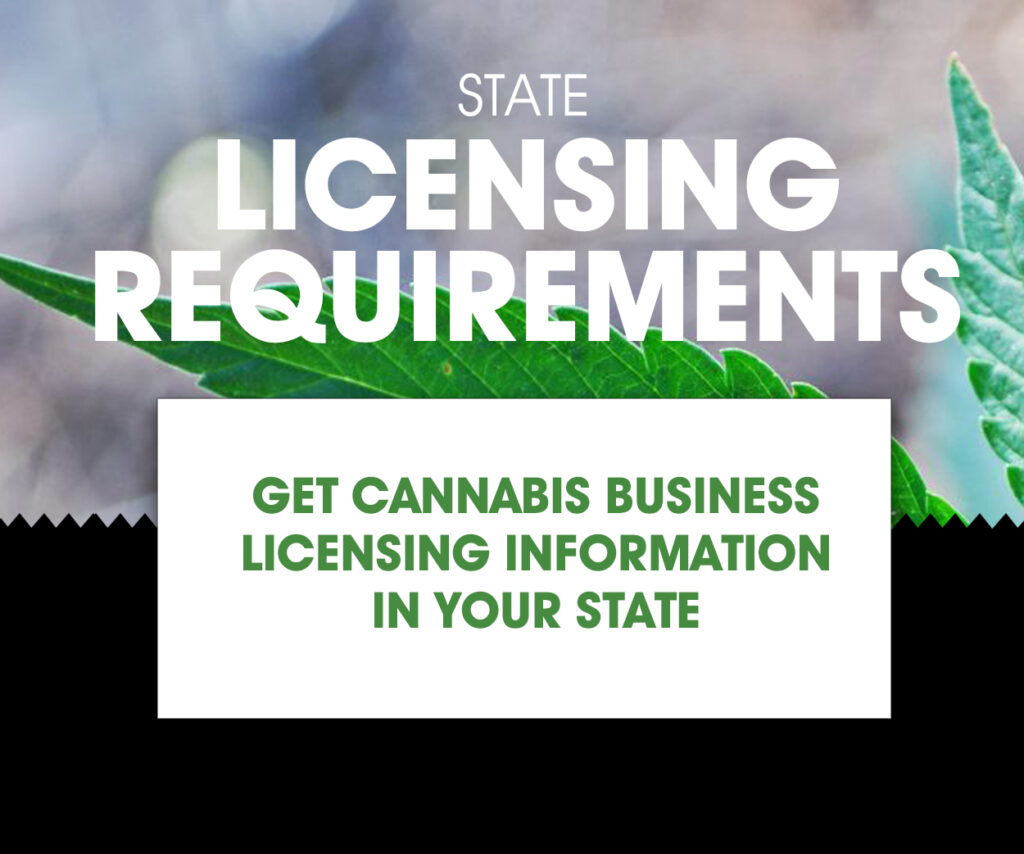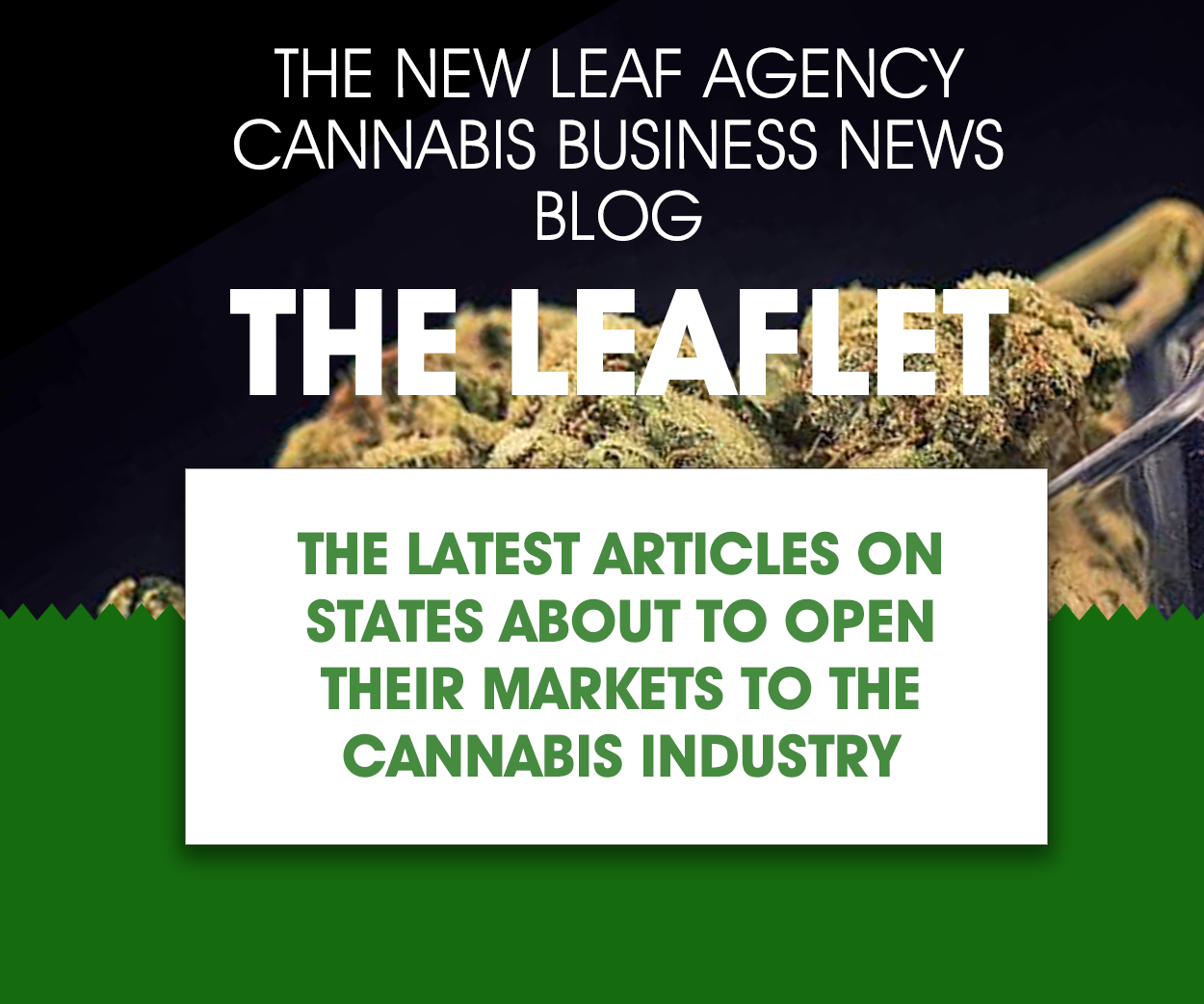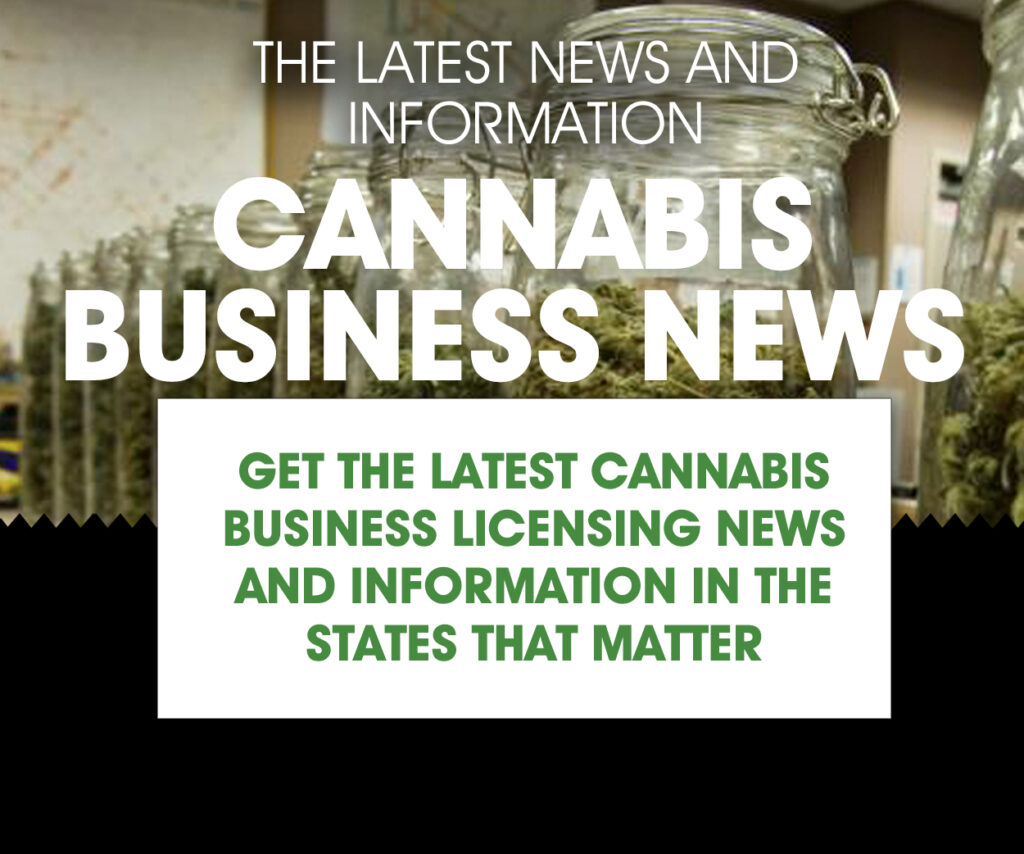
The cannabis legalization debate moved into the standard of Virginia governmental issues this week when Gov. Ralph Northam declared he’ll propose enactment in January permitting recreational utilization of the medication.
As officials start to truly think about what as a legitimate cannabis market may look like in Virginia, here’s a see of a portion of the approaching strategy choices distinguished by Virginia’s Joint Legislative Audit and Review Commission, which as of late delivered a 200-page report on the issue.
1. Should past weed convictions be expunged?
Lopsided requirement of cannabis laws has been an essential driver in the push for legitimization here. The report’s creators discovered Black Virginians were 3.5 occasions bound to be captured for straightforward belonging than Whites in spite of utilizing the medication at similar rates.
Numerous states that have just sanctioned the medication have additionally permitted expungement of past convictions that are no longer wrongdoings, to be specific basic belonging by an old enough grown-up, and Virginia’s investigation presumed that erasing past convictions would go far to address racial imbalance related with pot implementation by lifting obstructions to business and lodging.
2. How will police handle driving-while-intoxicated offenses?

The review predicts that legalization wouldn’t substantially impact law enforcement workloads one way or the other, finding that few departments prioritize marijuana investigations and estimating that statewide officers spend less than a tenth of a percent of their time on the issue.
But more widespread use of the drug does raise questions about how to enforce driving while intoxicated laws, according to the report, which notes that, unlike with alcohol, there’s no way to scientifically measure impairment because blood tests for THC content are considered unreliable. (The report notes marijuana use is increasing already and the state will have to deal with the issue with or without legalization.)
They suggest the issue could be addressed with drug recognition training, which few officers currently have. They also suggested new laws discouraging consumption in cars by prohibiting use and open containers in passenger areas.
They recommend the issue could be tended to with drug acknowledgment preparing, which not many officials right now have. They additionally recommended new laws debilitating utilization in vehicles by disallowing use and open holders in traveler territories.
3. Should the state attempt to prevent large partnerships from overwhelming the market?
A few administrators want to keep large, out-of-state organizations from ruling the new market. The report says Virginia could deter the pattern by precluding single organizations from holding development, preparing and retail licenses.
The compromise, specialists composed, would be a less effective commercial center with somewhat more exorbitant costs. In any case, more costly items wouldn’t really be a terrible thing, they stated, on the grounds that greater costs would help get items far from youth clients and debilitate overconsumption.
They additionally proposed the state could urge private ventures to join the commercial center by permitting limitless licenses for little makers, who could sell their own items, working like distilleries do today (short the on location utilization).

4. Should entrepreneurs with past cannabis convictions get an advantage?
Once more, legislators have said value will be a vital concentration as they seek after sanctioning. One region scientists have taken a gander at is approaches to ensure the business isn’t overwhelmed by White men, as overviews show it has been in different states.
They composed that no state has so far prevailing on this front and Virginia probably would not have the option to save licenses or motivating forces for Black candidates under Virginia law. However, they said the state could attempt to work around that impediment by focusing on arrangements like diminished permit expenses, business startup financing and mentorship to individuals with past cannabis convictions who live in zones that have truly observed a high number of captures.
They note it wouldn’t be an ideal arrangement, noticing the approaches would make a well off school graduate in an improving zone qualified for similar advantages as “a secondary school move on from a low-pay area.”
5. How high should the tax rate be and how should the state spend it?
The report suggests the state force an assessment on deals of somewhere in the range of 25 and 30%, which the creators state is in accordance with different states, isn’t high to such an extent that the lawful market wouldn’t have the option to rival the bootleg market and would ultimately produce upward of $300 million per year.
They said the state ought to likewise consider higher charges on more exceptionally prepared items, similar to edibles, which are simpler to burn-through and more intense than the plant’s bloom.
With regards to going through that cash, they compose that comprehensively reserving it for “huge projects like training could assist load up with planning holes however would have little effect on any individual network.” On the other hand, they propose spending it on focused social value projects could help address recorded damages of the battle on drugs, by, for example, making a network reinvestment award store or devoting it to high-neediness school regions.
6. Should individuals be permitted to become their own at home?
The report proposes home development could be dealt with like homemade libation brew and is permitted in 10 of 12 authorized states.
In the event that Virginia decides to go that course, they propose a cap of somewhere in the range of two and six plants for each individual and a limit of 12 plants for every abode at some random time. They gauge permitting two plants would yield eight to 16 ounces of cannabis for each year, “which would be sufficient for a tolerably weighty client.”

They additionally recommend disallowing individuals from pooling their plant remittances, as certain states have, which has brought about huge, unregulated develops.
7. Should Virginia’s alcohol board be placed accountable for cannabis?
Requesting that Virginia’s Alcoholic Beverage Control Authority manage cannabis would be the fastest, least expensive approach to get the new market off the ground, the report proposes.
That doesn’t mean they figure the state ought to have a syndication on deals as they do alcohol. The creators note that with the medication still unlawful at the government level, getting legitimately associated with creation or deal would almost certainly free the state up to administrative legalizationactivities.
There would be advantages to making a fresh out of the box new state organization devoted to directing cannabis, they state, since it would have a solitary concentration and adaptability to stress needs like social value activities.
8. What amount say should areas have in permitting pot organizations?
Officials could decide to permit nearby governments to quit the business market, basically restricting any retail, cultivating or handling offices.
However, the report’s creators cautioned that those regions shouldn’t be permitted to single out what components of the business they need to permit, for example, allowing business development yet prohibiting deals. They likewise recommended that the state ought not assign any new assessment incomes got from the projects to nearby governments that don’t take an interest.
JLARC said it studied neighborhood governments and, while they’re not naming any names, they said by and large pioneers in Northern Virginia and Hampton Roads expect they’d need to take an interest in the commercial center while pioneers in Southwest and Southside Virginia were more doubtful.









